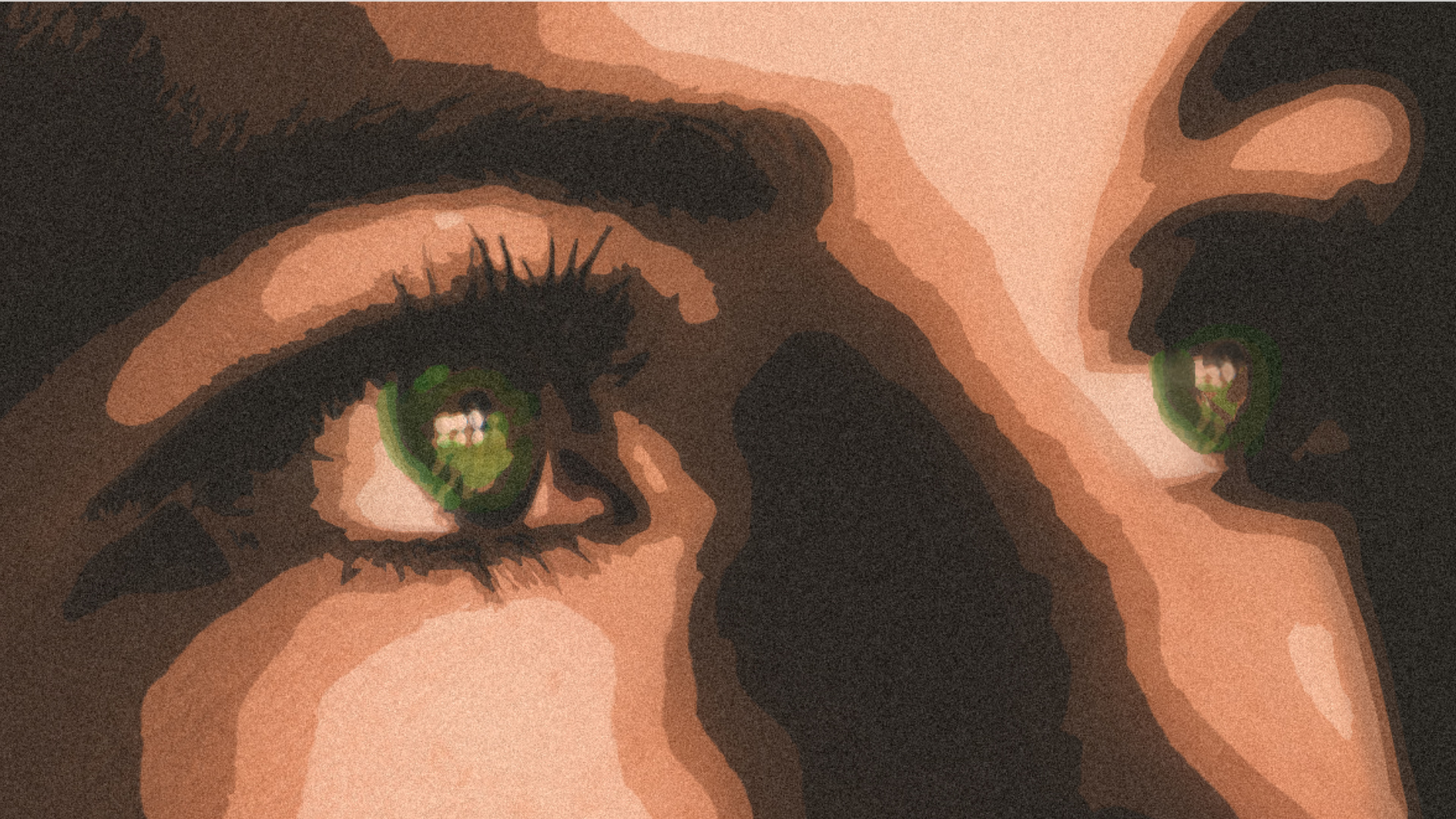In years past, conversations about pornography were often considered a male preserve. If a book was written, a talk given, or a Bible study application offered, it usually had men in view. There was a consensus that women wouldn’t be drawn to online porn—maybe to a few romantic novels but nothing more explicit than that.
Recent years, however, have brought a greater understanding that both men and women struggle in this area. Resources, support groups, and conferences for women now exist. Many churches are wrestling with the implications of estimates that one in six Christian women is watching pornography at least once a month.
But while we’re beginning to grasp the reality of pornography use, many of us still struggle to understand why it’s popular among women. What drives so many women who love Jesus to engage in pornography?
Three Reasons Women Turn to Pornography
We often assume that women watching pornography is the sin of lust manifesting itself, and sometimes it is. But with Psalm 139 echoing in our ears, we’re wise to ask God to search us—to go beyond the obvious and apparent—and show us where the human heart is going astray.
As I’ve spoken to women about their pornography use over the past 10 years as a friend, small group leader, and biblical counselor, lust hasn’t been the dominant theme. A more complex picture has come into view.
1. Comfort
The biggest driver of pornography use among the women I’ve met with is anxiety. Life feels overwhelming at times; pornography brings some relief. Most of the strategies we use in times of stress take a while to bring us a sense of peace. As we turn to the Lord in prayer, he gradually changes us. As we exercise or rest, such practices begin to bring respite but have greater effect over time.
The biggest driver of pornography use among the women I’ve met with is anxiety.
But pornography has an intensity and immediacy to it, and in times of extreme pressure, it seems to bring relief quicker than other options. That relief comes at a devastating cost, but in the middle of pain, it appeals to many women.
2. Curiosity
Maybe unsurprisingly, another big driver among the women I’ve walked alongside (particularly younger women) is a desire to know what sex is like. We live in a culture where we have a search engine with us at all times, and if we want to know something, we go online. Want a recipe? Search. Want an idea for an evening out? Search. Want to find a good sermon or podcast? Search.
So when the normal and natural desire to understand more about God’s good gift of sex crosses a woman’s mind, the first instinct is often to search. It’s not wise, but for some, it feels less embarrassing than speaking to another human being.
3. Control
The driver we probably miss most often in the church is that of managing pain. From sexual abuse in childhood and sexual assault as an adult to the horrors of domestic abuse, sex can be used as a weapon, and many women worldwide have endured such pain. For some, the idea of sex with a man may fill them with terror. For others, their experiences may have left them wrestling with anger.
When sexual encounters in the past have been a deeply out-of-control experience, they can in some small ways be brought under control by going online and exercising choice over what to watch and what to feel. It’s a hollow control—there’s no true healing or hope in pornography—but for a few fleeting moments, hurting women taste a sense that sexual activity isn’t something done to them but something they can choose, and that has a draw.
Different Support for Different Women
Why is it important to consider these potential drivers and the many other underlying factors that may lead women to pornography? Not simply to pursue introspection but because, if we’re to help women lift their eyes to Christ’s glory, we need to acknowledge the human heart’s complexities.
Everyone using pornography may benefit from strategies like accountability software, grace-filled relationships, prayer, liturgies for repentance, reminders of God’s call to a countercultural life, and a community that models purity and wholeheartedness toward Christ. But we need various approaches for walking alongside women with different stories and experiences.
The woman who uses pornography for stress relief may need support to persevere through her anxiety—pointing her to God’s character and promises to help her know God as her rock and refuge, to come to trust her good shepherd more. She may also find help in God-given relaxation techniques that have an effect over time.
If we’re to help women lift their eyes to Christ’s glory, we need to acknowledge the human heart’s complexities.
The woman who uses pornography for curiosity may be helped by a series of calm and appropriate conversations about sex and continued encouragement about the joy of waiting in trust.
The woman who uses pornography to engender a sense of control after abuse may be helped by support to seek justice, space to express her pain in a safe environment, and opportunities to process her experiences through skilled conversation with others.
As we all understand our precious sisters rightly, as we apply God’s Word to heart struggles (not just outward behavior), as we walk alongside them in true wisdom, lives begin to change. Hope begins to build. Women come to see afresh the wonder of Jesus and, by his power, grow in holiness day by day.
